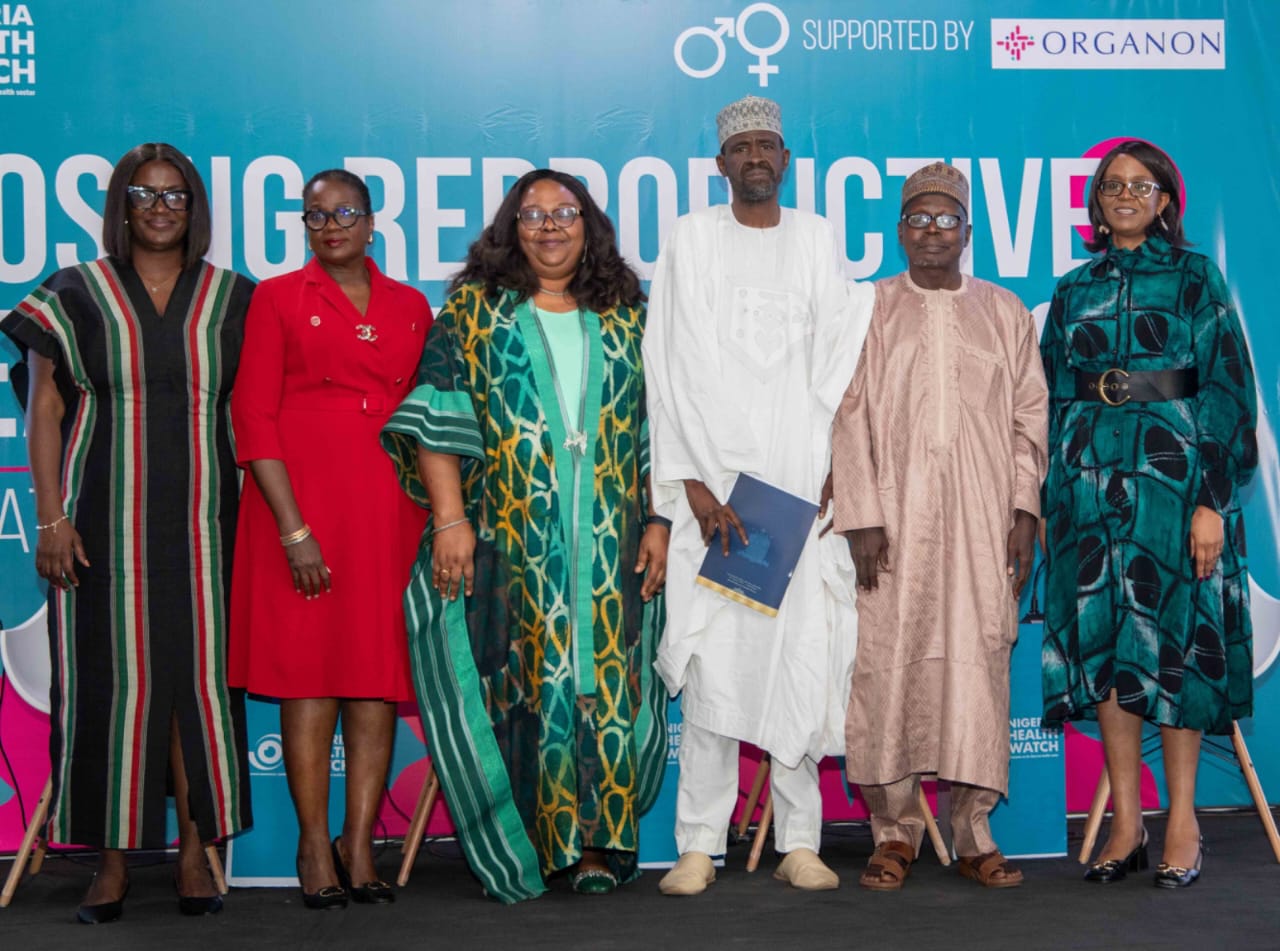August 3, 2025 — Public health experts have raised alarm over the continued threats posed by entrenched socio-cultural practices and inadequate funding to Nigeria’s reproductive health sector, warning that these challenges undermine national efforts to improve maternal and adolescent health outcomes.
Speaking at a reproductive health stakeholders’ forum held in Abuja, specialists from the health and development sectors highlighted how harmful traditional norms, such as early marriage, gender discrimination, and misinformation around contraception, are limiting access to quality reproductive healthcare, particularly among rural women and adolescent girls.
According to the experts, cultural resistance to family planning, coupled with stigmas around sexual and reproductive health education, continues to fuel high rates of maternal mortality, unintended pregnancies, and unsafe abortions. They emphasized that without targeted community sensitisation and policy reform, reproductive health interventions may remain ineffective in many parts of the country.
In addition to sociocultural barriers, the speakers cited chronic underfunding as a major obstacle. They noted that Nigeria’s budgetary allocation to reproductive health services remains significantly below international recommendations, resulting in limited access to skilled health workers, essential supplies, and modern contraceptive options in primary healthcare centres.
Dr. Amina Yusuf, a reproductive health advocate, called for sustained government investment and stronger accountability frameworks to ensure that funds reach the most vulnerable populations. She also urged increased support for adolescent-friendly health services and school-based education programmes to promote informed choices among young people.
The forum concluded with a joint appeal to government agencies, development partners, and civil society organisations to prioritise reproductive health as a fundamental component of national development, stressing that addressing the root causes of poor health outcomes requires both systemic reform and behavioural change at the grassroots level.
As Nigeria continues to grapple with high maternal and infant mortality rates, experts insist that tackling cultural taboos and closing funding gaps must remain central to any sustainable reproductive health strategy.

